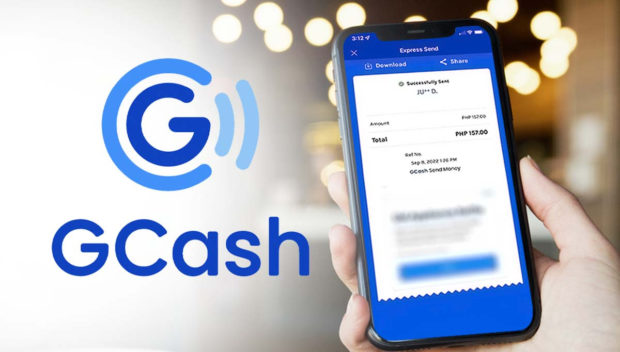GCash ‘steps up’ ties with authorities to crack down on online scams

INQUIRER FILE PHOTO
MANILA, Philippines — Still in the shadow of a mess involving unauthorized deductions in its users’ account balances, digital payments app GCash on Thursday said it “stepped up” its efforts in assisting the government’s crackdown on online scammers.
In a statement, GCash said it had helped anti-cybercrime agents arrest an online seller who allegedly “stole the victim’s money after failing to deliver the purchased item” and blocked more than 900,000 accounts believed to be fraudulent.
GCash said suspect Rachelle Luzon was arrested in Quezon City after she offered to sell an iPhone to a victim, who was not named.
Once convinced of Luzon’s legitimacy as a seller, the victim sent a downpayment of P4,500 for the iPhone, which, according to GCash, “never arrived.”
“The victim reported the incident to the authorities and informed the investigators that, to entrap the suspect, she used the Facebook account of her friend to purchase an iPhone from the suspect, who agreed to a meetup,” it said.
Luzon will face charges for estafa or swindling, which is punishable under the Revised Penal Code.
On blocking more than 900,000 “fishy” accounts, GCash said they are “believed to be behind anomalous transactions consummated by the suspects with their victims on social media and digital storefronts.”
The popular mobile wallet app of Globe Telecom Inc. also reminded the public to “be more vigilant and cautious” as online scams are on the rise.
It also stressed that customers must always ask for the seller’s details and demand an official or acknowledgment receipt for every transaction.
“GCash will never send users personal messages to address concerns or get personal information, especially the mobile PIN and one-time PIN. Customers can also contact the official GCash hotline 2882 for queries and other concerns,” it added.
RELATED STORIES:
Cybertheft hits GCash; P37-M transfers flagged
Confidence in e-wallet safety is put to the test